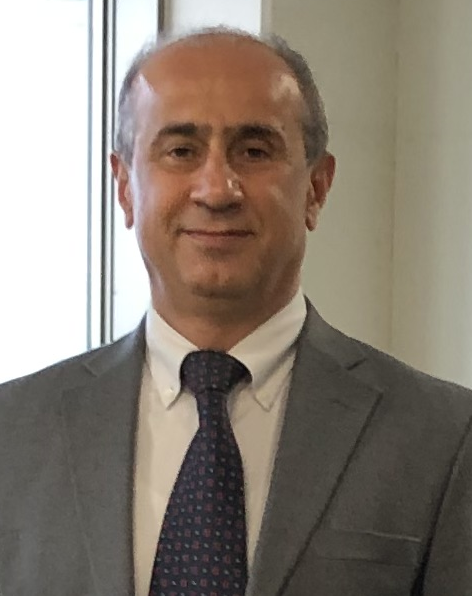Abstract
Heat transfer enhancement is important for thermal systems since it can reduces the size of the systems as well as increases their thermal performance and provides safety operation. The increase of heat transfer enhancement is a hard job since it causes augmentation of pressure drop increasing energy consumptions of pump or fan. Heat transfer enhancement has a long story starting by using fins about hundred years ago. That’s why many studies on optimization of fins can be found in literature. Fins and other kinds of heat transfer enhancement methods such as the use of vortex generators and turbulators are still used in thermal systems. In the last two decades, many studies on metal foams and metal nanoparticle have been done and reported to enhance heat transfer. All of the currently employed methods have advantages as well as disadvantages forcing researchers to study on much better heat transfer enhancement methods.
Recently, Lattice Metal Frame (LMF) and nano-encapsulated PCM liquids attracted attention of researchers in this area. The use of metal printers for production of almost any configuration of LMFs makes them attractive for optimization in order to have maximum heat transfer rate with minimum pressure drop. Nano-encapsulated PCM liquid uses the latent heat of a PCM for heat transfer from a heat source to heat sink which can cause considerable heat transfer.
In this study, after presenting the history of the heat transfer enhancement and explanation of advantages and disadvantages of the methods currently used in thermal systems, the attention is focused on the two high tech methods which are Lattice Metal Frames and Nano-encapsulated liquids. The comparisons between two methods with conventional heat transfer enhancement methods are done from different point of views and gaps which should be studied are explained.
BIOGRAPHICAL NOTE
 Moghtada Mobedi is professor of heat transfer in Mechanical Engineering Department, Shizuoka University in Japan. He received his Ph.D. from Middle East Technical University and worked in Mechanical Engineering Department of Izmir Institute of Technology in Turkey between 2003 and 2015. He has taught many bachelor, master, and Ph.D. courses such as heat transfer, computational fluid dynamics, conduction and convection heat transfer and numerical methods in Turkey, Japan, and also in European countries. His research interests include heat transfer enhancement, solid-liquid phase change, heat and mass transfer in porous media, adsorption heat pump, and computational fluid dynamics. He published more than 180 papers in international and national journals as well as in proceedings of international conferences. He wrote 6 book chapters on the applications of heat transfer in different edited books and recently he edited a book on solid-liquid thermal energy storage. He has leaded many projects funded by "Japan Society for the Promotion of Science", "Suzuki Foundation", "State Planning Department of Turkey", "Scientific and Technological Research Council of Turkey" to study on discovering innovative methods for heat transfer enhancement for single convection heat transfer, adsorbent beds as well as for solid-liquid phase change thermal storage. He has supervised many Ph.D. and master students both in Turkey and Japan.
Moghtada Mobedi is professor of heat transfer in Mechanical Engineering Department, Shizuoka University in Japan. He received his Ph.D. from Middle East Technical University and worked in Mechanical Engineering Department of Izmir Institute of Technology in Turkey between 2003 and 2015. He has taught many bachelor, master, and Ph.D. courses such as heat transfer, computational fluid dynamics, conduction and convection heat transfer and numerical methods in Turkey, Japan, and also in European countries. His research interests include heat transfer enhancement, solid-liquid phase change, heat and mass transfer in porous media, adsorption heat pump, and computational fluid dynamics. He published more than 180 papers in international and national journals as well as in proceedings of international conferences. He wrote 6 book chapters on the applications of heat transfer in different edited books and recently he edited a book on solid-liquid thermal energy storage. He has leaded many projects funded by "Japan Society for the Promotion of Science", "Suzuki Foundation", "State Planning Department of Turkey", "Scientific and Technological Research Council of Turkey" to study on discovering innovative methods for heat transfer enhancement for single convection heat transfer, adsorbent beds as well as for solid-liquid phase change thermal storage. He has supervised many Ph.D. and master students both in Turkey and Japan.
